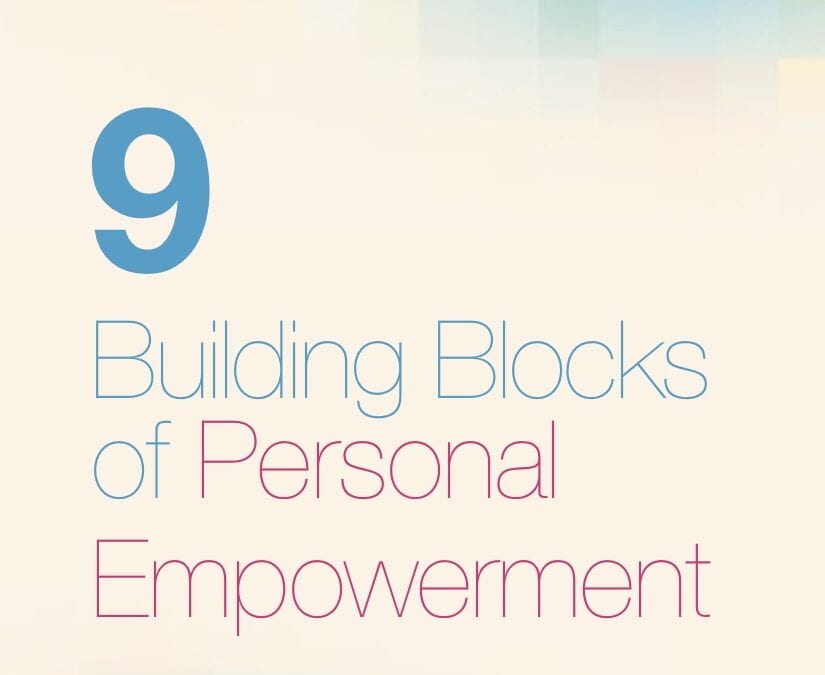
Top 10 Reasons Why You’ll Want to Practice Persistence
Practice Persistence. Top 10 Reasons Why You’ll Want to Practice Persistence
Do you have persistence? Persistence is the act of working hard and trying again and again until you achieve what you’ve set out to achieve.
As long as you persist, you can’t fail! Practice Persistence
Consider these benefits of persistence:
1. You’ll become an expert. Chances are that the first time you try something you might not be good at it. However, once you’ve completed the same task multiple times, you’ll soon become better and better, becoming an expert at the task in the process.
2. Persistence will motivate you to try harder. When you try and try, you’ll move a little closer to your goal with each attempt. This will help motivate you as it will show that this effort makes a difference.
3. Persistence is a sign of ambition. Only those who are truly ambitious are able to bring persistence into their daily lives. This is why the most successful people you know are also those who are most persistent.
> Most successful people have failed at least once, but this did not stop them from achieving success. With each failure, they learned what they needed to do differently the next time they tried.
> Eventually, they succeeded, which would never have happened had they become discouraged at the first sign of failure.
4. You’ll set a good example. Whether you’re setting an example for your work colleagues or your children, if they see that you’re not willing to give up when you face adversity, they’ll be more inclined to try harder at their own challenges.
> Become a role model and those around you will become more consistent and hard-working too. Practice Persistence
5. Persistence teaches you the value of success. Being successful takes time and effort. No one ever became successful without making sacrifices and being persistent with their time and efforts.
6. Persistence gives you vital experience. When you’re persistent, you learn that each failure gives you another opportunity to learn. With each failure, you’ll become more resilient. You’ll also learn how you can overcome any challenge. Practice Persistence
7. You become more aware of your weaknesses. To achieve success at anything, it’s important to understand your weaknesses. When you look at your failures, you’ll discover your faults and learn what you need to work on to become successful.
8. People judge you on your consistency. When you’re persistent, you also develop consistency. Many people look for this skill, whether in the workplace or in your personal life. They want to know that you’ll work hard to do what needs to be done on a regular basis. Practice Persistence
9. You’ll learn that things that come easy bring little reward. Harder tasks may require a little work and consistency, but they offer much greater rewards. Is it not worth making that little extra effort to achieve greater rewards?
10. Most importantly, you’ll be able to create the life you desire. With persistence, you’ll be able to sail through life’s setbacks. You’ll seek solutions to overcome your challenges and keep moving forward to build a life that satisfies you.
Persistence is important, as rarely anything worth having in life comes without it. Most often, you’ll have to work for what you want.
Being persistent will give you the opportunity to achieve anything you set your heart on! Practice Persistence
What’s your level of emotional intelligence?
Find out if your emotional intelligence is helping or hindering your growth! .

I am a Board Certified Life Coach, a Board Certified Health Coach, and a teacher of Mindfulness Living who helps people unlock their potential and live life on Purpose
Receive, via email, our Action Guides, EBooks, Worksheets, Checklist, and Life Tips we only share with our communtiy
Don't Wait Any Longer. Start Forging Your Own Path Today!
How to Fight Negative Thoughts and Feelings










